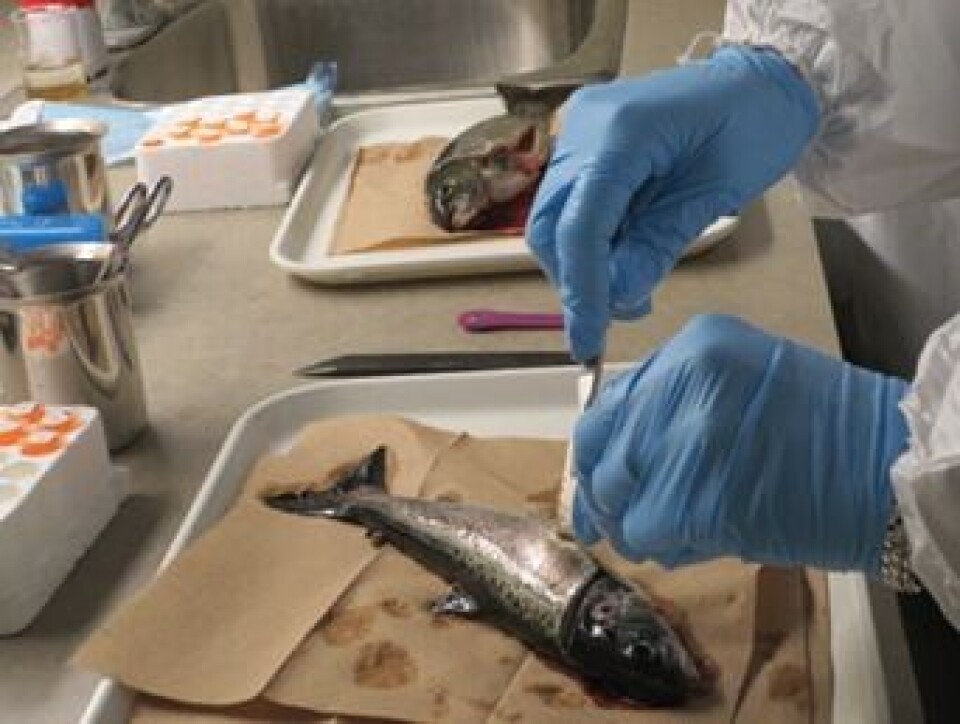
Canada DFO: It is not necessary to test for PRV
A legal battle has been boiling in Canadian waters about the testing policy for Piscine Orthoreovirus (PRV). The office of the Minster of Fisheries, Oceans and the Canadian Coast Guard has finally released a statement.
The Namgis First Nation and activist Alexander Morton battled the Department of Fisheries and Oceans (DFO) in court regarding a policy that does not require the DFO to test for Piscine Orthoreovirus (PRV) in smolts being moved to sea-based farming pens.
“The Government of Canada has completed its review of the February 4, 2019 Federal Court ‘Namgis decision. We will not be appealing,” said a statement posted on the DFO’s website yesterday.
“The court found that Fisheries and Oceans Canada’s (DFO’s) current policies set the threshold for harm to wild stocks too high and should be revisited. The court said that upon revisiting this matter, ‘it is possible that the Minister will still conclude that it is appropriate to maintain the PRV Policy’, or in other words, that it is not necessary to test for Piscine Orthoreovirus (PRV).
Legal challenge
“The Court did not order DFO to test for PRV prior to authorizing transfers of smolts to aquaculture facilities, or prior to releasing smolts in the wild. The Court also did not make any decision or statement concerning whether the failure to test for PRV in hatchery smolts poses a risk to wild salmon.
“The Court dismissed ‘Namgis First Nation’s legal challenge to DFO’s authorization of a transfer of salmon smolts to an aquaculture facility in the Broughton Archipelago. The Government of Canada is aware the ‘Namgis has appealed that aspect of the court decision.
“The Government of Canada believes very firmly that a strong, science-based approach to regulating the aquaculture industry is essential. We will ensure that our policies and regulations are informed by evidence-based decision making.
Area-based approach
“Canadians want to be assured that aquaculture in Canada is conducted in a manner that emphasizes environmental sustainability and the protection of our marine environment. That is why this past December, we announced a suite of initiatives to ensure our aquaculture sector is economically successful and environmentally sustainable. This included moving towards an area-based approach to aquaculture management, and the development of a framework for risk management.
“Additionally, we recently announced that a study of on-land and sea-based closed containment technology is ongoing, with results expected by Summer 2019. In line with the February 4, 2019 court decision, DFO is currently reviewing its PRV policy, the results of which will be communicated publicly in spring 2019.”






















































